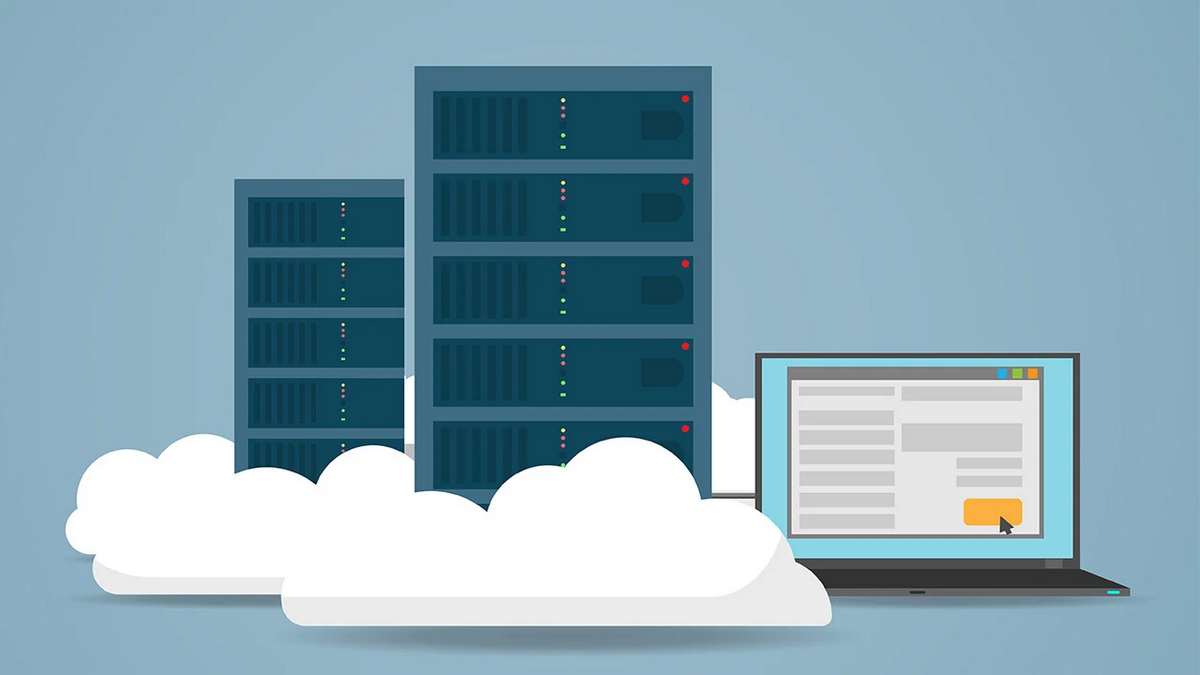
In any digital project, it is mandatory to rent a server. The necessary conditions for the proper management of such machines and the files they contain are very difficult to achieve privately, so renting a server from a company is the only solution, but do you already know what to look for when renting a server or are you only guided by looking for cheap servers?
In this article, you will learn the main differences between renting a shared server and a dedicated server to help you in your decision.
The concept of a server rental
If you already have knowledge about the world of hosting and servers, this section may be enough for you, but for many others, it will surely shed light on this topic. This is due to the great confusion generated by the terms used in this field. In order to improve our understanding of the article, let’s make a brief review of the terminology used to situate ourselves when talking about renting a server.
Web hosting: It refers to something abstract since it is the space where all the files related to the correct functioning of a web page are located. They range from photographs to programming files to design issues related to the configuration of the website.
Server: is the physical component where the files that make up a website are hosted. The capabilities of a web server are much more powerful than those of an ordinary computer because of the size of the files it must support and the uptime it presents. The same server can host different hostings of different projects, hence the possibility of renting a shared server or VPS.
Domain: this term is quite independent of the previous ones, but it leads to confusion because many hosting providers include it or offer it in their different contracting plans. The domain of a web portal is its name.
What is a dedicated server?
When we talk about hiring a dedicated server, we are referring to renting a server exclusively for your own web page. No other web project will be hosted on the same machine, so it can be easily customized to meet the needs of the website in question.
What is a shared server?
As we have already advanced a little in the previous section, a shared server is a machine in which the files that makeup web pages of different clients of the hosting company are stored.
Within the same physical space ‘coexist’ the souls of different web pages, but with strict privacy conditions. Each website has its own well-delimited space, there is no communication between files, so, if you choose to rent this server, no one can access the data or the information of your machine mates. In short, what you do is to hire a “piece” of the dedicated server, thus obtaining a more economical price.
Renting a shared server vs. a dedicated server
The decision to rent one server or another will depend a lot on the type of project we have in hand. As in any other field of activity, it is clear that the performance offered by something more customized and of a ‘superior’ range will always be better, but what is the point of renting a server with high capacities that we do not need or that requires knowledge that we do not have?
We must also pay attention to other issues such as SEO positioning of the web, if we are interested in being positioned in the search engine, it is best to choose to hire a web server in the country itself.
In order to determine the advantages and disadvantages that each hosting rental entails, let’s see how each type of hosting behaves based on a number of criteria that are basic when deciding to hire a web server or another.
Resources: when we talk about renting a shared server, the resources are the same for all the projects hosted on it and its performance may be affected in specific moments of peak visits of some of the hosting partners. However, when you rent dedicated server, it means that the hard disk, RAM memory, or processor are only for that client, without compromising its loading speed.
Maintenance: whether you choose to rent a shared server or a dedicated server, you must take into account the maintenance that the machine requires for its proper functioning. Evidently, when the maintenance fee of a server is faced alone it is going to be a greater investment than when it is shared among other users, as in the case of hiring a shared web server.
In this sense, the most important issue to determine the suitability of renting a server or another will be simply the requirements of the web itself.
Knowledge: renting a dedicated server requires a minimum of knowledge for its management. The advantage is the customization that can be given to the hosting by determining issues such as access security or the performance of certain processes. In the case of preferring to rent a shared server, it is not normally possible to customize it as much, but in return, in the event of any incident, the provider company will take care of solving it.
Technical support: linked to the previous question, we have the criterion of technical assistance provided by web hosting companies. These usually include certain hours to provide assistance or, depending on the contracted hosting rental, there will be some or other conditions. For example, in the case of renting a shared server, the company usually takes care of the management and monitoring, while with a dedicated server, the self-management mode usually prevails. Imagine that an error 500 arises, if the origin is in the server, its resolution will be brief if the technical support is provided by the company to which the web server is hired.
Scalability: When future space requirements are ambitious, it is normal to opt for a dedicated server that allows a large memory capacity so that, if necessary, it is not necessary to rent another server. Hiring a shared web server means that memory scalability is much more limited. It is not only a question of space, but also of being able to add other types of resources if necessary, either at specific times or permanently, such as some type of software.
Price of a server: If we are with a relevant project in hand, we assume that the price of renting a server will be one of the least worrisome issues. Taking into account many of the issues we have discussed, because of the advantages of renting a dedicated server, it is normal that it has a higher price. Once again, the size of your project will determine the decision of what type of server to rent.
In conclusion, we can determine that a professional who has a normal flow of visitors on your website and standard needs, will be more than enough to choose to rent a shared server. In the case that this professional has a considerable amount of web traffic (we are talking about professional projects or a professional who wants to host several websites), he/she will have to opt for a dedicated server, regardless of the requirements of his/her project.
What other things do you value when renting a web server?



